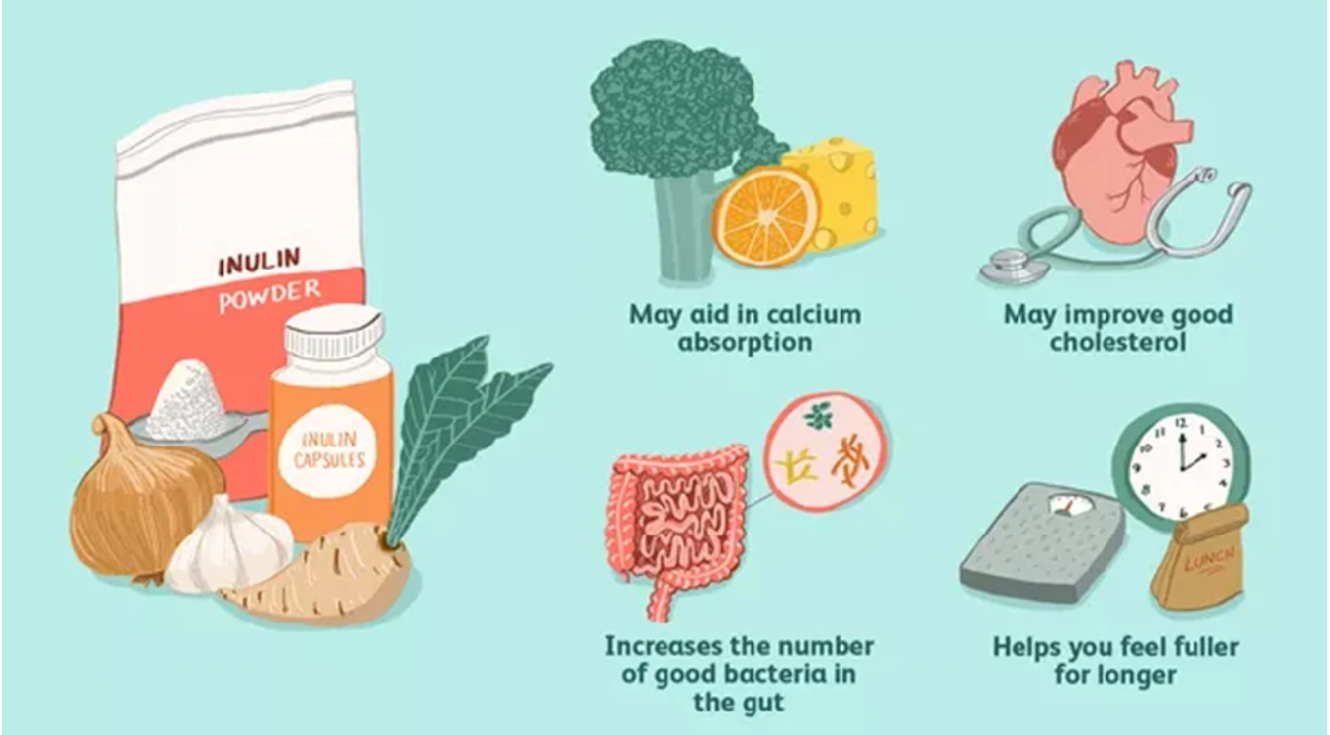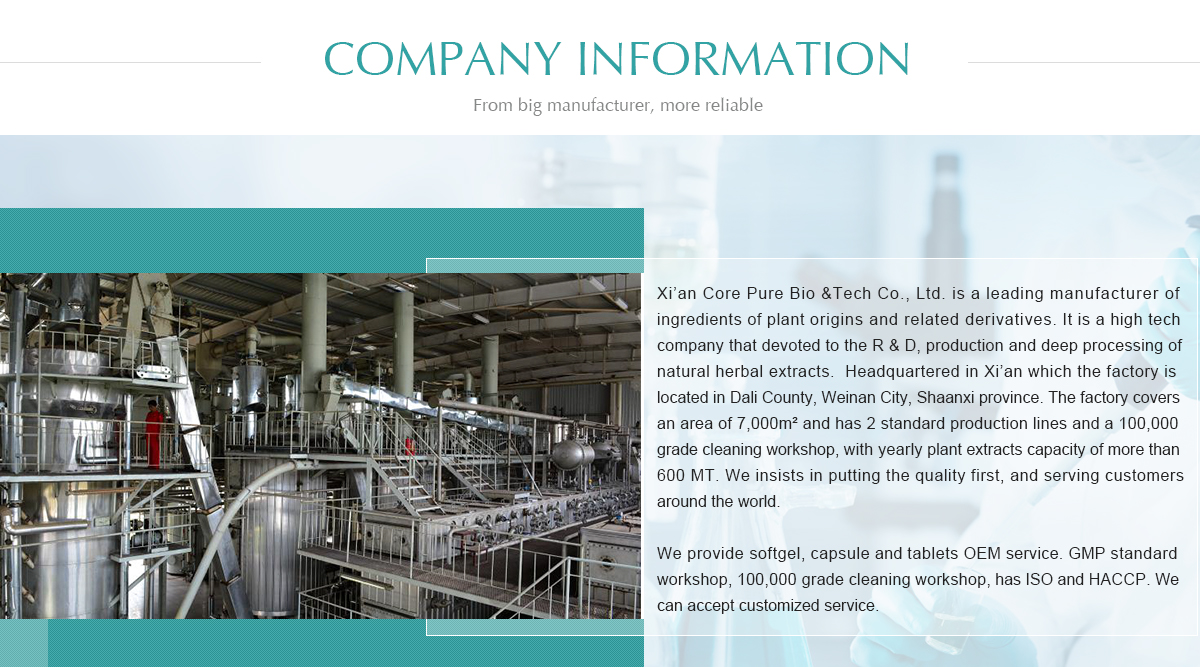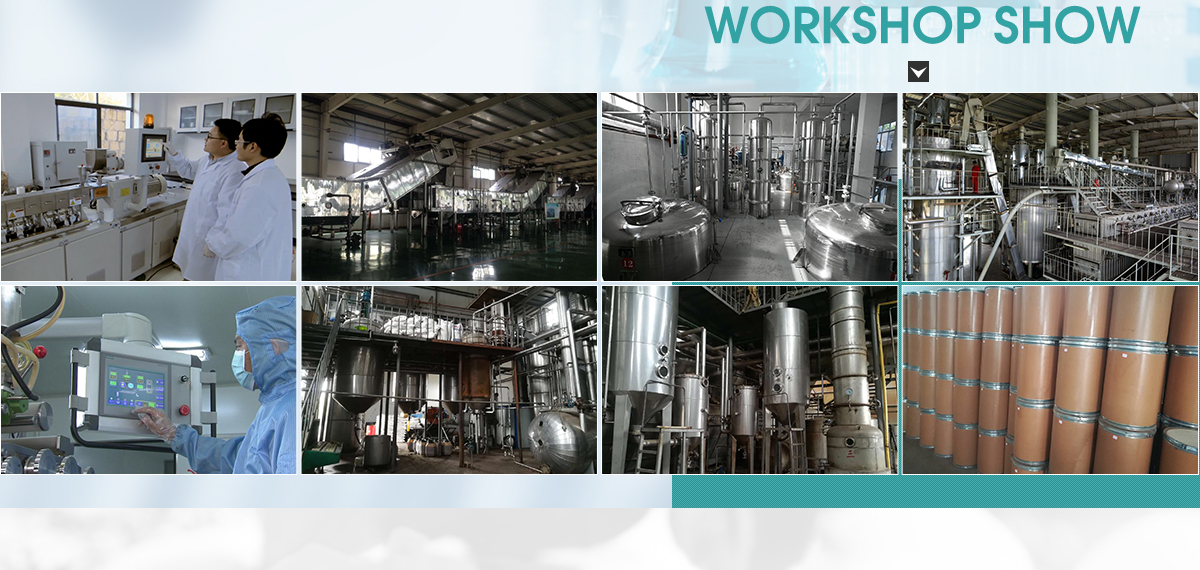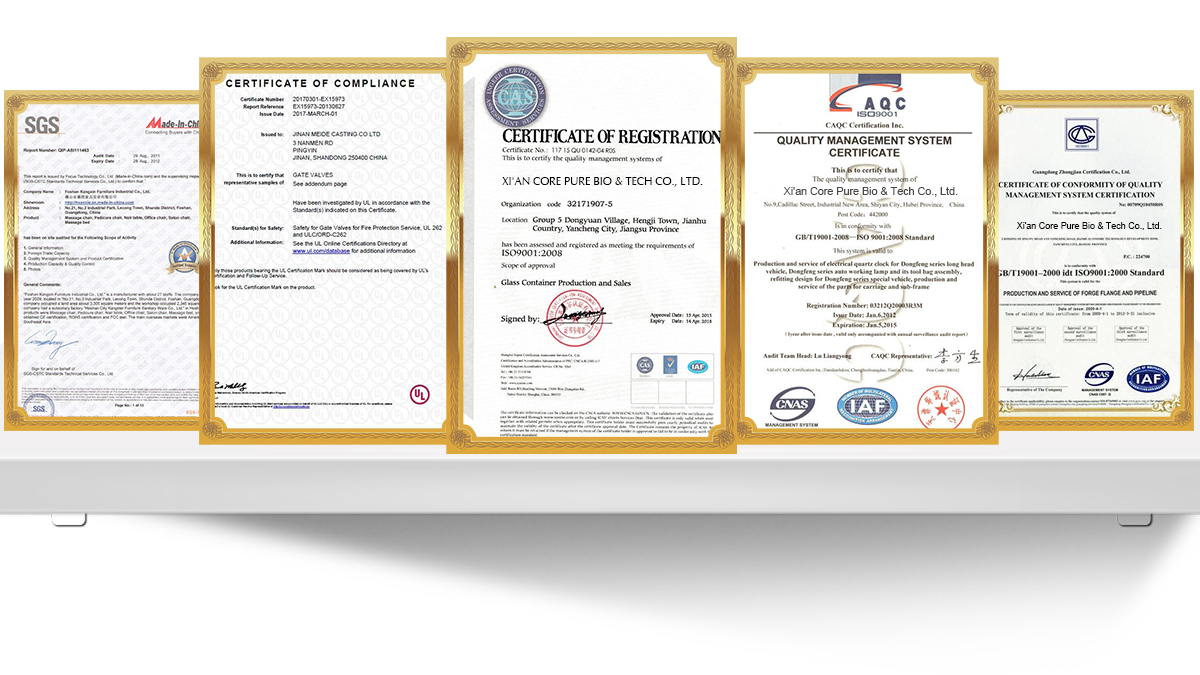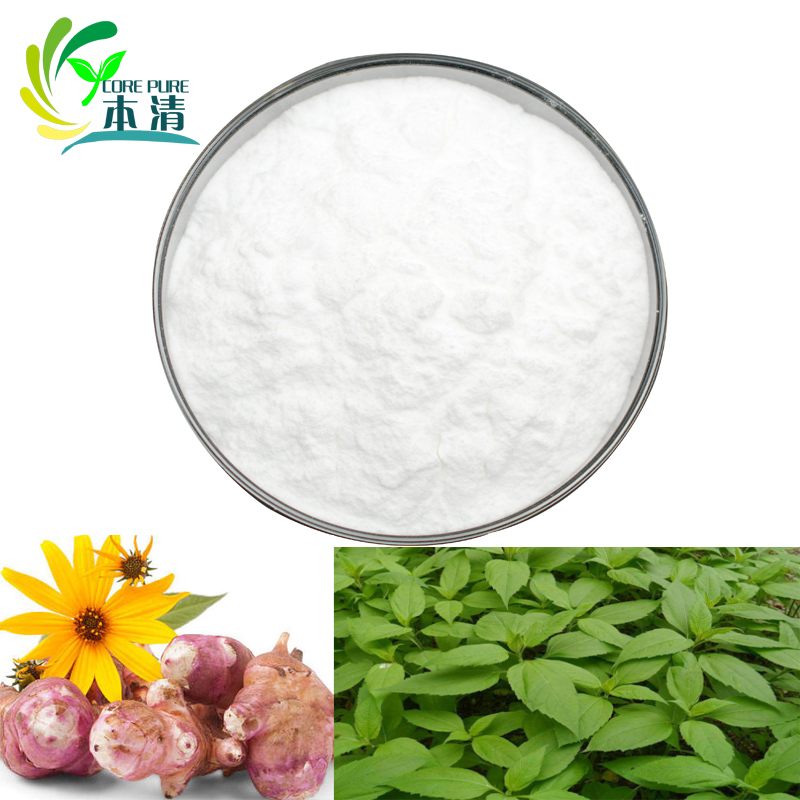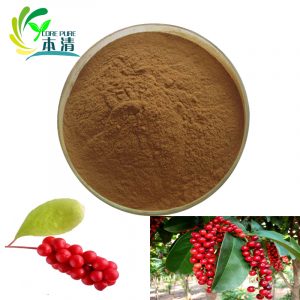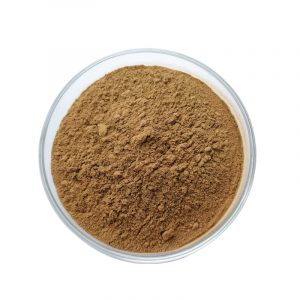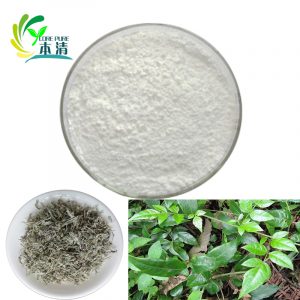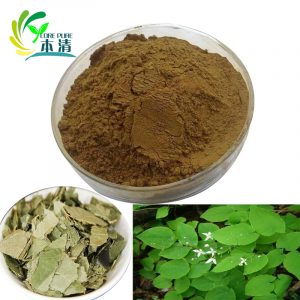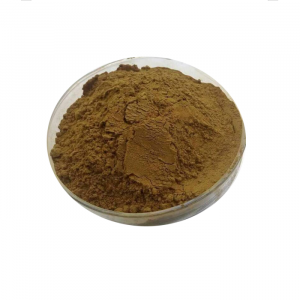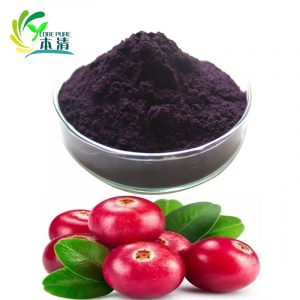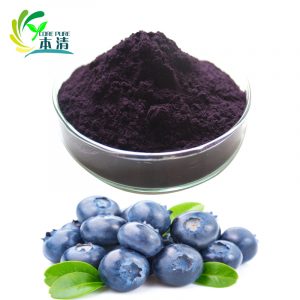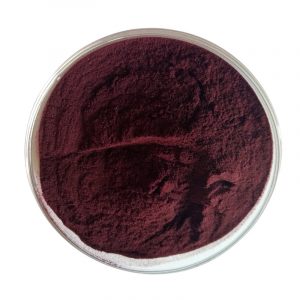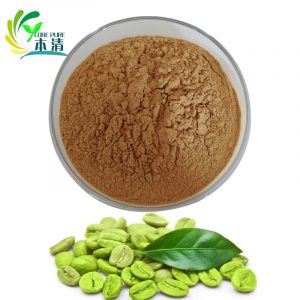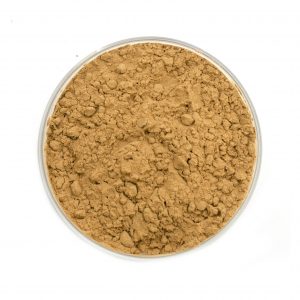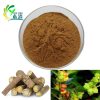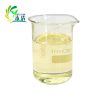
![]()
| Items | Standards | ||
| Appearance | White Powder | ||
| Assay(%) | 90.0 Min | ||
| Glucose+Fructose+Sucrose(%) | 10.0 Max | ||
| F/G(Enzymatic digestion) | 9.0 Min | ||
| Loss on drying(%) | 5.0 Max | ||
| Ash(%) | 0.2 Max | ||
| Heavy metals(ppm) | 10.0 Max | ||
| Total Plate Count(cfu/g) | 1000 Max | ||
| Yeast & Mold(cfu/g) | 100 Max | ||
| E.Coli | Negative | ||
| Salmonella | Negative |
![]()
1. Processed foods, suitable for diabetics and potentially helpful in managing blood sugar-related illnesses
2.Inulin and its analog sinistrin are used to help measure kidney function by determining the glomerular filtration rate (GFR)
3.Inulin enhances the growth and activities of selected beneficial bacteria or inhibits growth or activities of certain pathogenic bacteria, hence promoting colonic health.
4.Inulin is reported to decrease amount of cholesterol and triglycerides, hence benefits lipidemia and cardiovascular system.
5.It is also used for rehydration and remineralization following important loss of water, like diarrhea and diaphoresis.
6.Inulin can also be used as a vaccine adjuvant.
7.Inulin is a prebiotic bifidus factor (enhances the growth of bifidobacteria), but it’s nonviscous.
![]()
Applied in food industry, Inulin is usually used as food additives.
Applied in the field of cosmetics, Inulin powder is used as an immune modulator.
Applied in fields of health products and pharmaceutical, used as immunomodulatory agents and immune-stimulating hormone.
